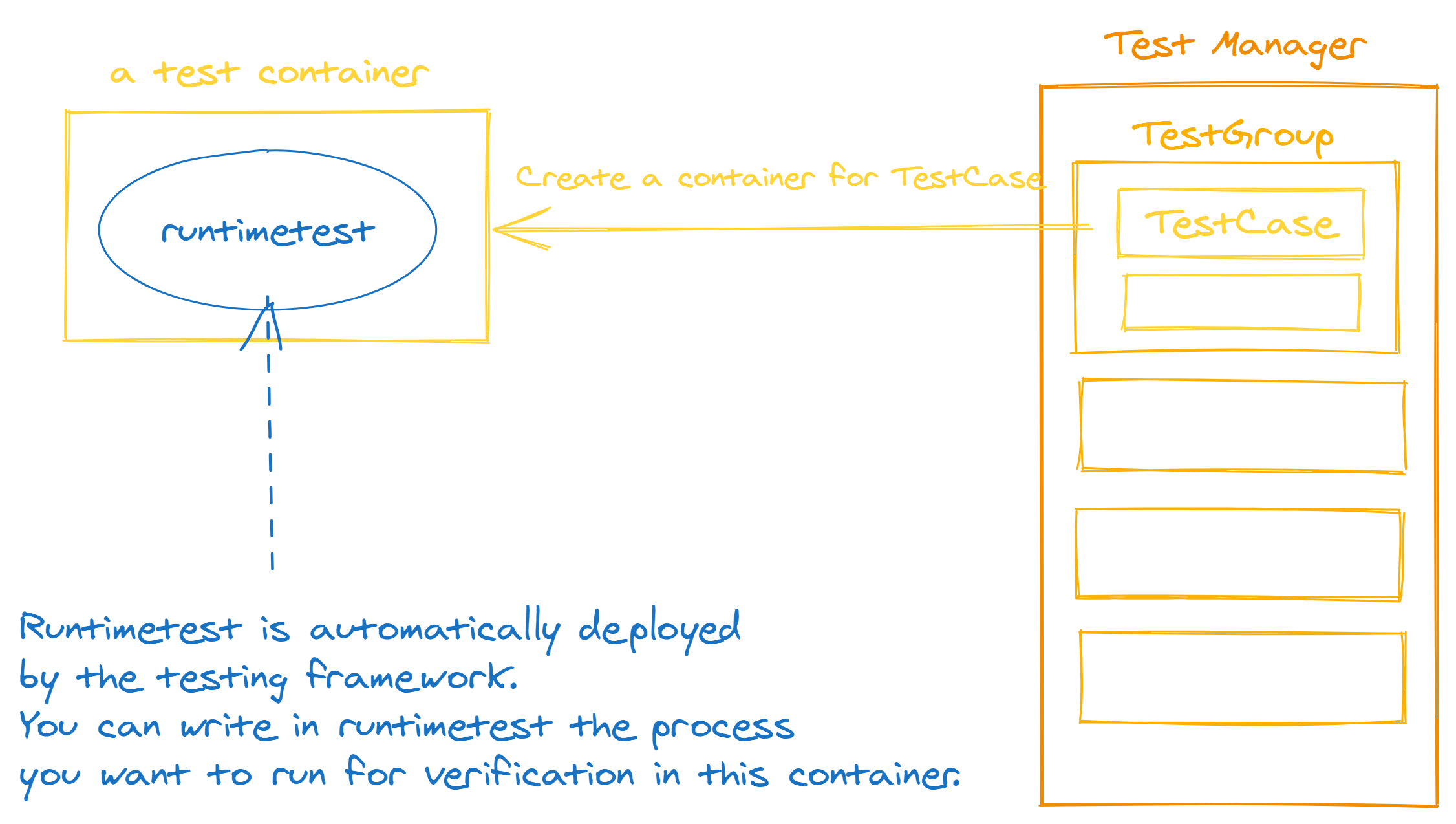Contest
This is youki's original integration to verify the behavior of the low-level container runtime.

How to run
just test-contest
How to write
We will not go into detail here, but will explain how to write and add a new test case based on an example test.
Fully the code of the example test
use anyhow::{Context, Result};
use oci_spec::runtime::{ProcessBuilder, Spec, SpecBuilder};
use test_framework::{test_result, Test, TestGroup, TestResult};
use crate::utils::test_inside_container;
////////// ANCHOR: get_example_spec
fn create_spec() -> Result<Spec> {
SpecBuilder::default()
.process(
ProcessBuilder::default()
.args(
["runtimetest", "hello_world"]
.iter()
.map(|s| s.to_string())
.collect::<Vec<String>>(),
)
.build()?,
)
.build()
.context("failed to create spec")
}
////////// ANCHOR_END: get_example_spec
////////// ANCHOR: example_test
fn example_test() -> TestResult {
let spec = test_result!(create_spec());
test_inside_container(spec, &|_| Ok(()))
}
////////// ANCHOR_END: example_test
////////// ANCHOR: get_example_test
pub fn get_example_test() -> TestGroup {
let mut test_group = TestGroup::new("example");
let test1 = Test::new("hello world", Box::new(example_test));
test_group.add(vec![Box::new(test1)]);
test_group
}
////////// ANCHOR_END: get_example_test-
Build the OCI Runtime Spec you want to verify
This testing framework automatically places runtimetest in the container. In other words, you can test the processes you want to execute within a container by writing them in runtimetest. Therefore, it is common practice here to write an OCI Runtime Spec that executes
runtimetest.
fn create_spec() -> Result<Spec> {
SpecBuilder::default()
.process(
ProcessBuilder::default()
.args(
["runtimetest", "hello_world"]
.iter()
.map(|s| s.to_string())
.collect::<Vec<String>>(),
)
.build()?,
)
.build()
.context("failed to create spec")
}- Prepare a function that returns a
TestResult, which represents the result of the test.
fn example_test() -> TestResult {
let spec = test_result!(create_spec());
test_inside_container(spec, &|_| Ok(()))
}- Create a
TestGroupand register a test case you created
pub fn get_example_test() -> TestGroup {
let mut test_group = TestGroup::new("example");
let test1 = Test::new("hello world", Box::new(example_test));
test_group.add(vec![Box::new(test1)]);
test_group
}- Register the
TestGroupyou created to aTestManager
let mut tm = TestManager::new();
let example = get_example_test();
tm.add_test_group(Box::new(example));- Write the validation you want to run within a test container
fn main() {
let spec = get_spec();
let args: Vec<String> = env::args().collect();
let execute_test = match args.get(1) {
Some(execute_test) => execute_test.to_string(),
None => return eprintln!("error due to execute test name not found"),
};
match &*execute_test {
"hello_world" => tests::hello_world(&spec),pub fn hello_world(_spec: &Spec) {
println!("Hello world");
}